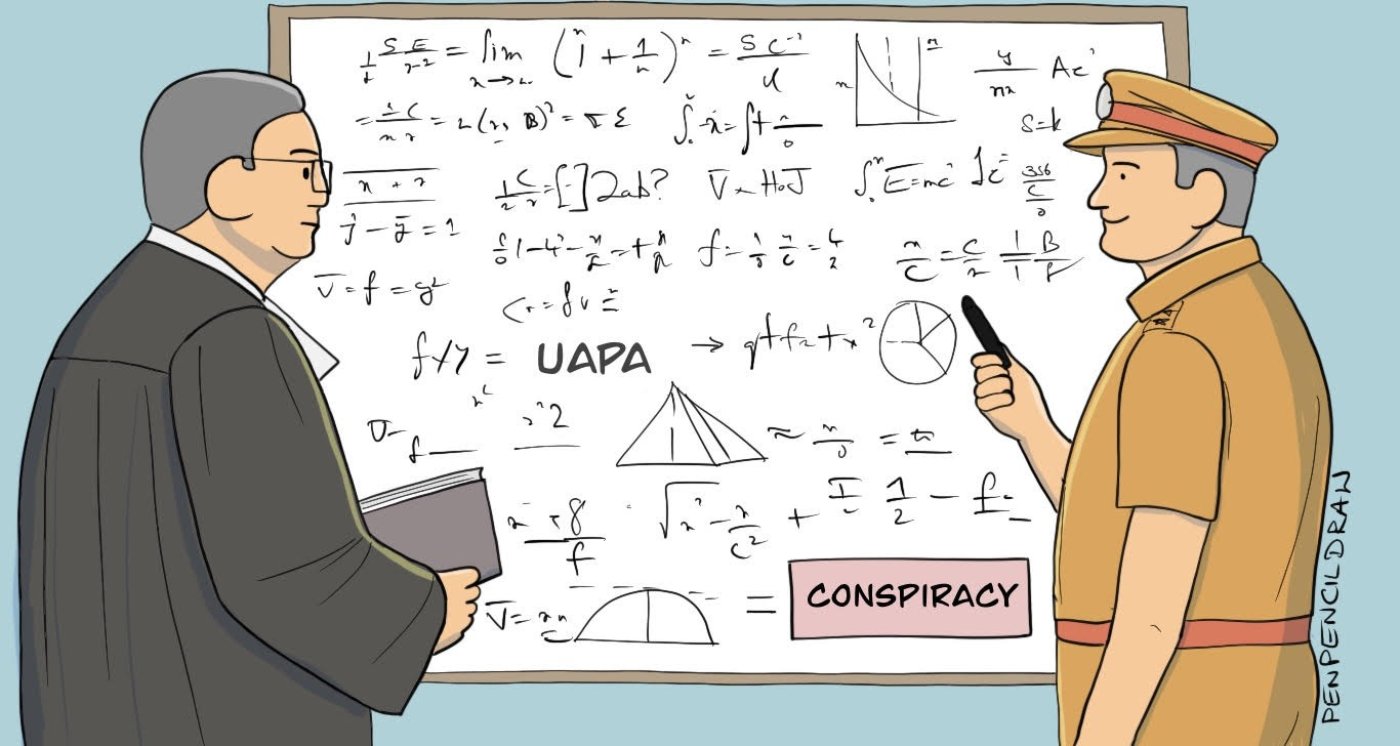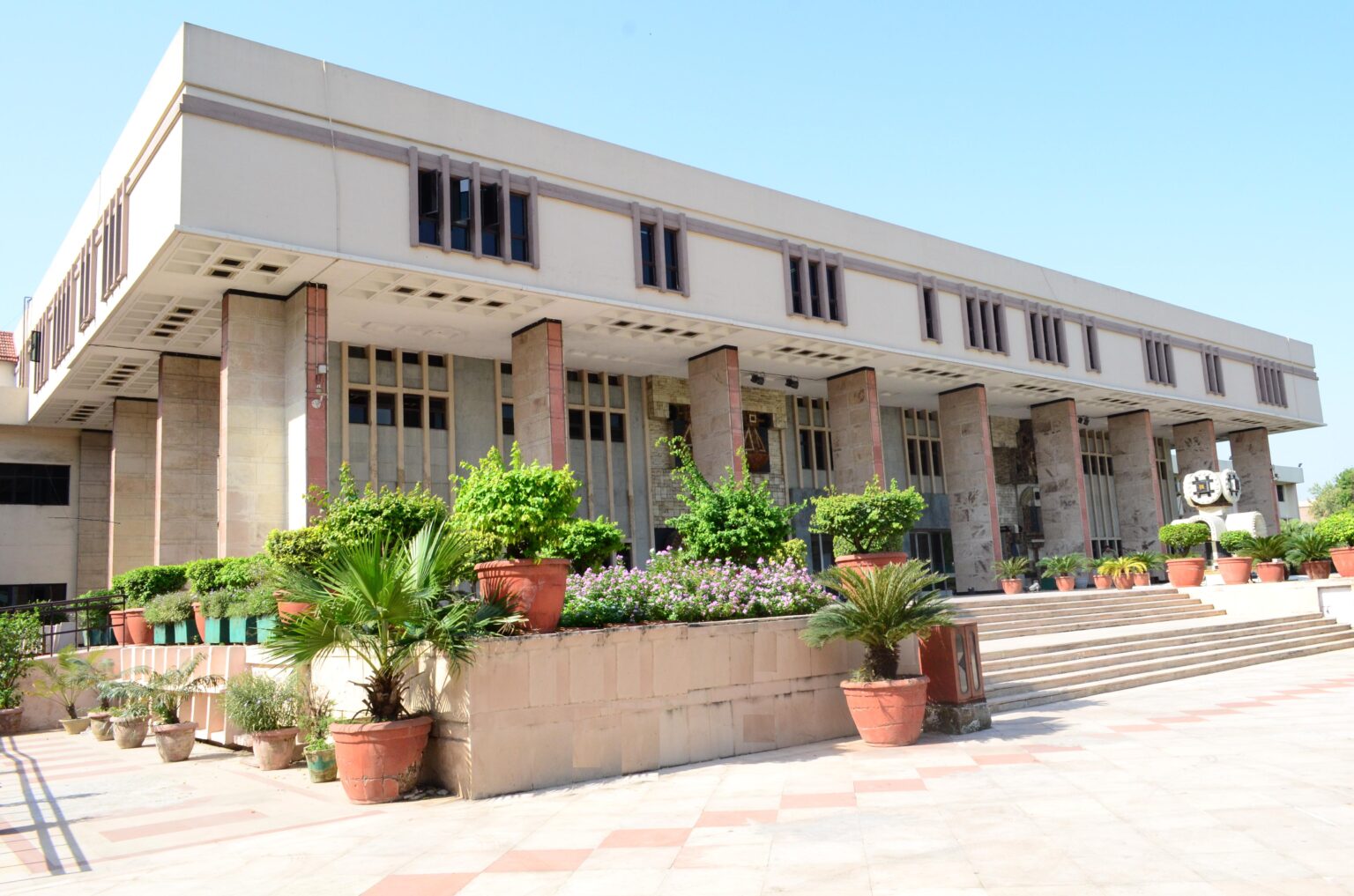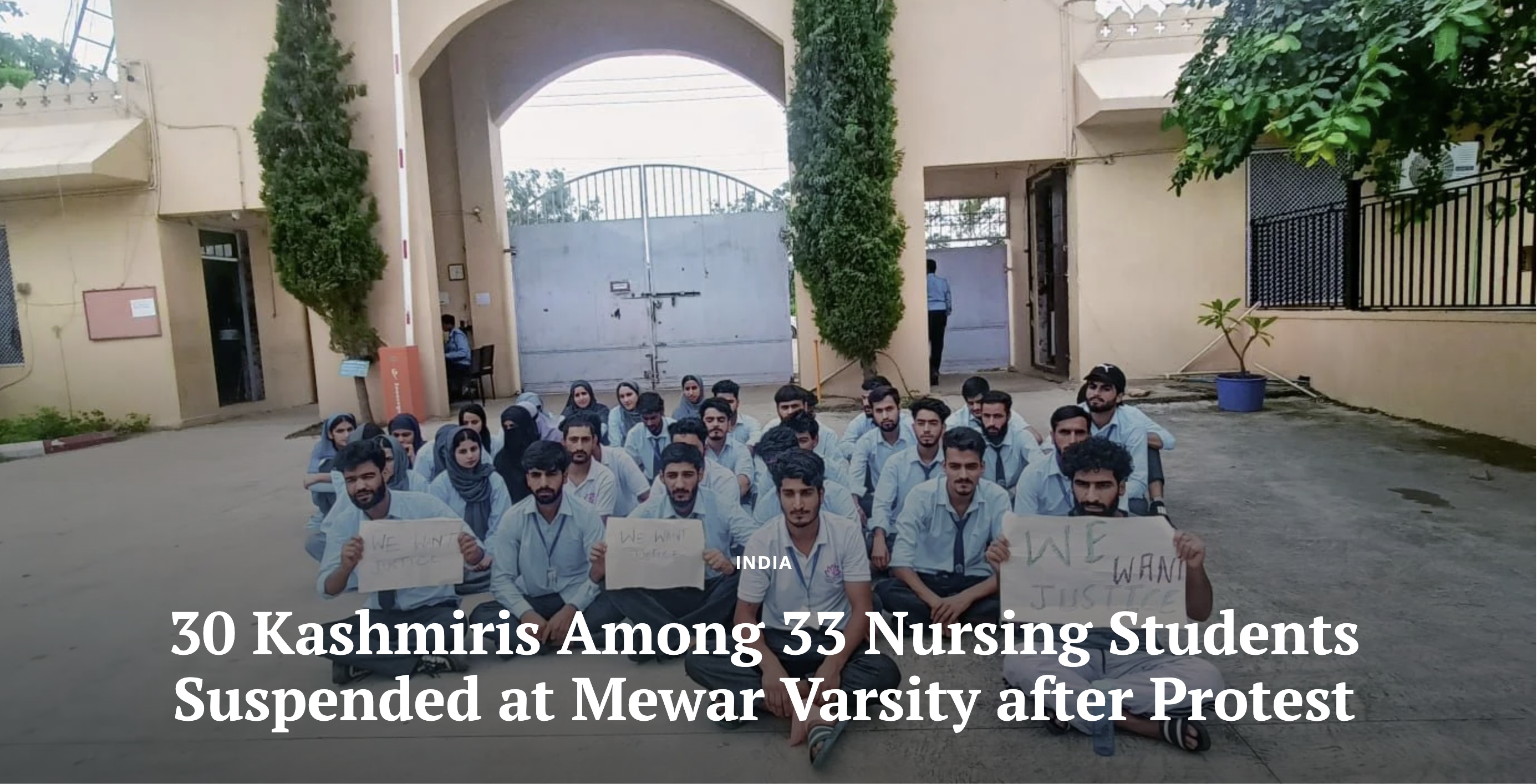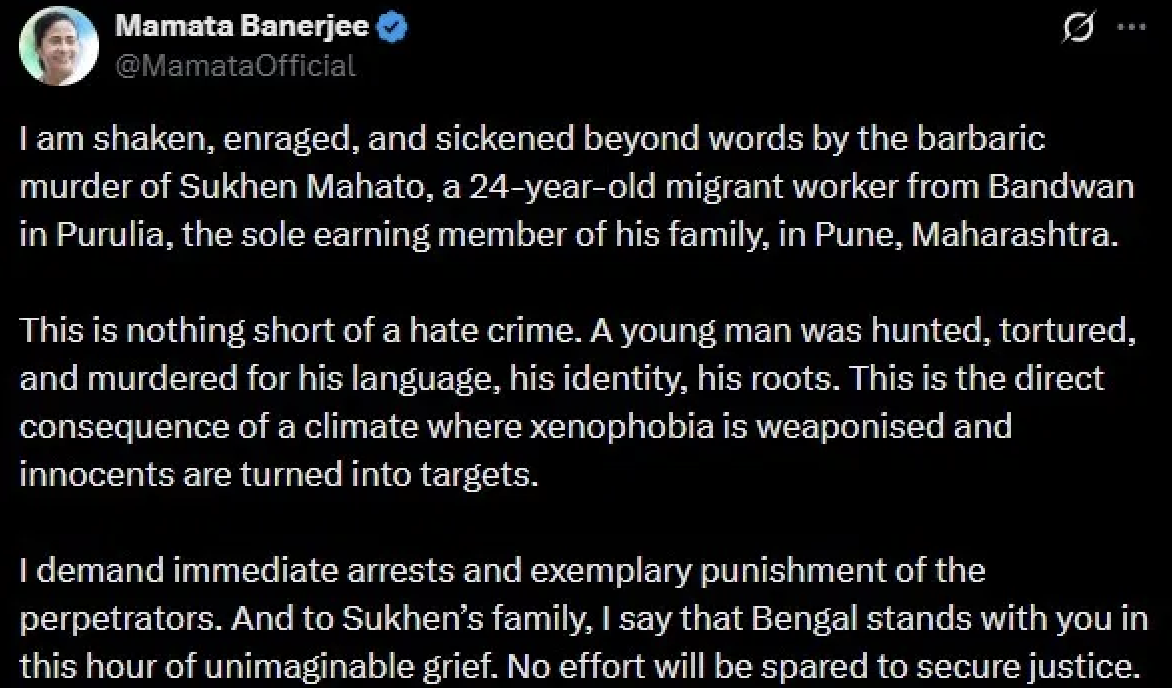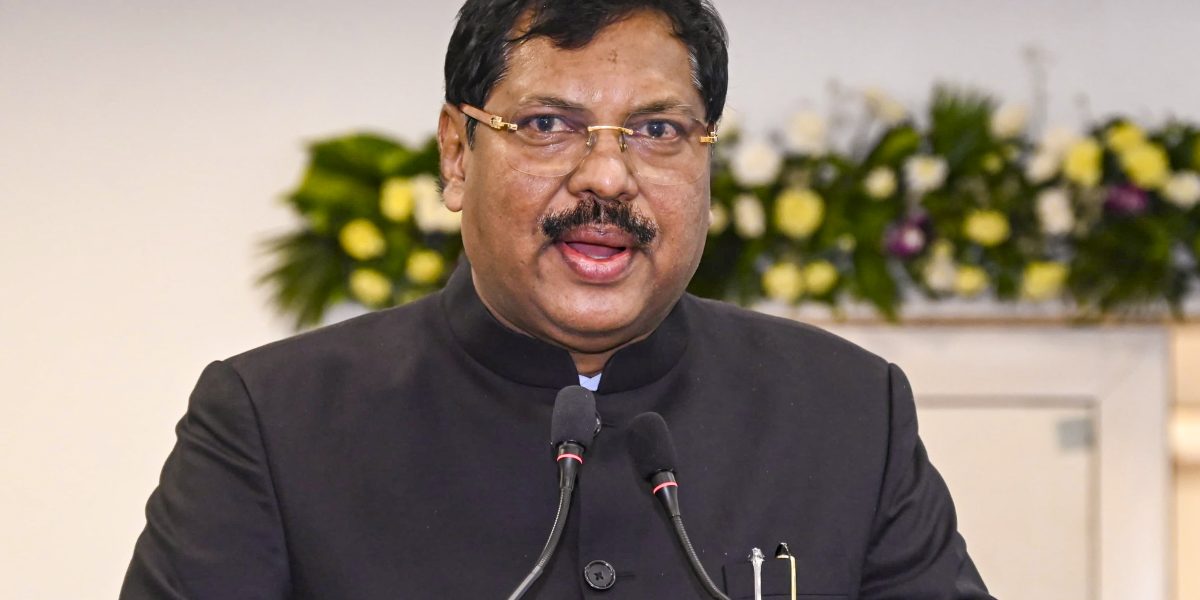
New Delhi: Chief Justice of India (CJI) B.R. Gavai on Thursday (June 19) told an assembly of top Italian judges how the Supreme Court had banned “bulldozer justice”, preventing the executive from becoming the judge, jury and executioner.
“The executive cannot become judge, jury and executioner all at once,” said CJI Gavai, reported Times of India.
CJI Gavai also quoted from the Supreme Court judgment in the case pertaining to bulldozer demolitions which said “Construction of a house has an aspect of socio-economic rights.”
He was speaking at the Milan Court of Appeal on ‘Role of Constitution in Delivering Socio-Economic Justice in a Country: Reflections from 75 Years of Indian Constitution”.
“For an average citizen, construction of a house is often the culmination of years of hard work, dreams and aspirations. A house is not just a property but embodies the collective hopes of a family or individuals for stability, security and a future,” said CJI Gavai.
“As we look back on these 75 years, there is no doubt that the Indian Constitution has strived for change in the life of the common people. To summarise, several aspects of Directive Principles were made enforceable by reading or legislating them as a facet of fundamental rights,” he added.
CJI Gavai said that the Constitution’s journey in the past 75 years in delivering socio-economic justice “is a story of great ambition and important successes…”
“Affirmative action policies in education, which sought to correct historical injustices and ensure representation of Scheduled Castes, Scheduled Tribes and socially and educationally backward classes, have been a concrete expression of the Constitution’s commitment to substantive equality and socio-economic justice,” said the CJI.
He cited his own example – the second Dalit to become CJI – and said that he was a product of the very constitutional ideals that sought to democratise opportunity and dismantle the barriers of caste and exclusion.
This story was originally published in thewire.in.


